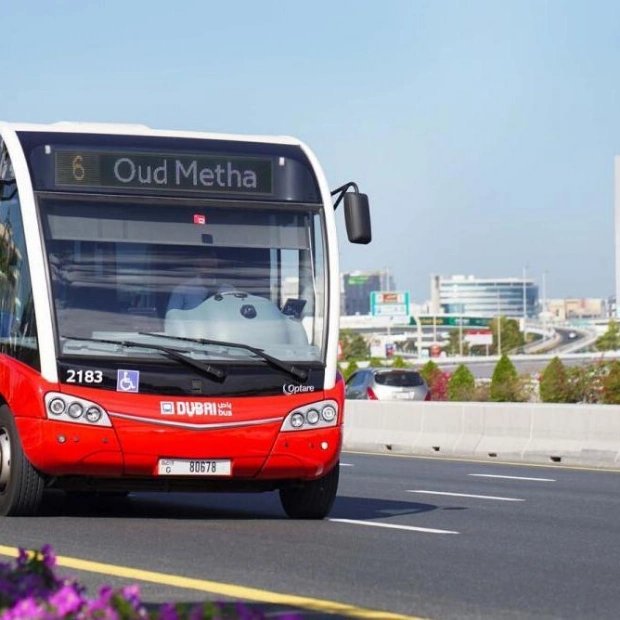RIYADH: Arab stock markets experienced a 2.14 percent growth in the third quarter of 2024, fueled by robust performances in Beirut, Egypt, and Damascus, according to the Arab Monetary Fund’s composite index.
The AMF’s quarterly report showcased annual growth of 1.5 percent in the index, indicating gains in 13 out of the 16 monitored markets, while three recorded declines.
Regional reforms, including Egypt’s privatization efforts and Saudi Arabia’s Vision 2030 initiatives, significantly boosted market activity. The UAE’s diversification strategies also strengthened its financial markets, particularly in renewable energy and technology sectors.
The AMF stated: “The positive sentiment in Arab financial markets mirrors investor confidence in ongoing economic reforms and strong corporate performances.”
The Beirut Stock Exchange topped the gains with a 29.03 percent increase, followed by the Egyptian Exchange at 13.76 percent and the Damascus Securities Exchange at 12.66 percent. In the UAE, the Dubai Financial Market saw an 11.75 percent gain, reflecting heightened investor activity.
Other markets also performed well. The Casablanca Stock Exchange grew by 8.06 percent, while Qatar and Iraq posted increases of 6.52 percent and 5.35 percent, respectively. The Saudi Exchange, known as Tadawul, grew by 4.68 percent, supported by gains in non-oil sectors aligned with Vision 2030 goals. Algeria and Oman reported smaller but steady increases of 4.9 percent and 0.49 percent, respectively.
Despite the overall positive trend, three exchanges reported declines: Bahrain’s stock market fell by 0.63 percent, Amman’s by 0.82 percent, and Palestine’s saw the steepest drop at 7.78 percent.
The combined market capitalization of Arab financial markets rose by 2.54 percent in the third quarter of 2024, reaching $4.30 trillion, up from $4.19 trillion in the previous period. This represented an increase of $106.55 billion. Abu Dhabi Securities Exchange contributed the most to this growth, adding $37.30 billion, followed by the Dubai Financial Market with a $21.35 billion rise. Notable increases also came from Saudi Arabia, Qatar, and Morocco.
In terms of individual exchanges, the Saudi Exchange retained its position as the largest contributor, representing 62.7 percent of the total Arab market capitalization. The UAE’s markets, including Abu Dhabi and Dubai, collectively accounted for 18.6 percent, while Qatar, Kuwait, and Morocco contributed significant shares. The rest of the Arab markets showed varying levels of growth, with Beirut and Cairo posting sharp rises in market value.
The value of traded shares across Arab markets surged by 47.46 percent in the third quarter of 2024, reaching $328.92 billion compared to $223.06 billion in the previous period. The Iraq Stock Exchange reported the highest surge in trading volumes, increasing by 67 percent. The Egyptian Exchange followed with a 51.50 percent rise, while the Saudi Exchange and Abu Dhabi Securities Exchange also saw substantial gains of 25.73 percent and 21.01 percent, respectively.
Some markets experienced a downturn in trading activity. Palestine, Algeria, and Casablanca saw declines in traded volumes, attributed to specific local economic factors.
Across the Arab region, key sectors such as real estate, technology, and financial services performed strongly, attracting both local and foreign investments. The financial results of listed companies and the announcement of quarterly dividends boosted investor confidence.
Arab markets demonstrated resilience despite global economic uncertainties, including fluctuating oil prices and geopolitical challenges. The AMF reported that easing monetary policies by major central banks, such as the US Federal Reserve and the European Central Bank, improved global liquidity flows into emerging and regional markets.
The report also noted the impact of oil price volatility, which declined by approximately 15 percent during the third quarter of 2024. While oil-exporting nations, such as Saudi Arabia and the UAE, maintained steady market performance, oil-importing nations like Egypt and Jordan benefited from reduced energy costs, alleviating inflationary pressures and supporting economic stability.
The AMF emphasized the role of continued economic reforms and diversification in shaping the outlook for Arab financial markets. “The ongoing efforts to attract foreign investment, improve market transparency, and support non-oil sectors are crucial for sustaining growth and enhancing the competitiveness of Arab financial markets,” AMF said.
Source link: https://www.arabnews.com






